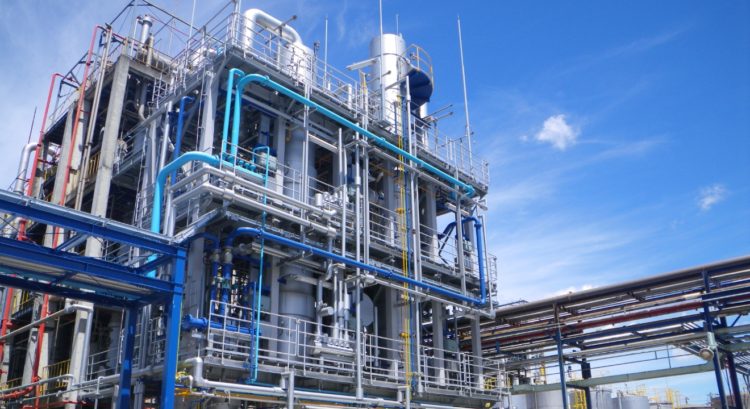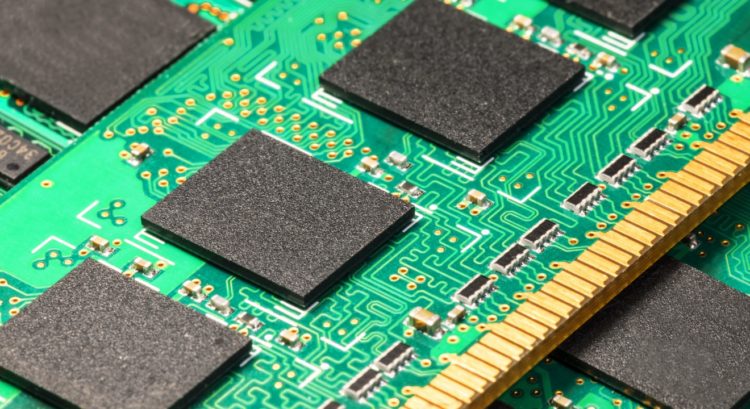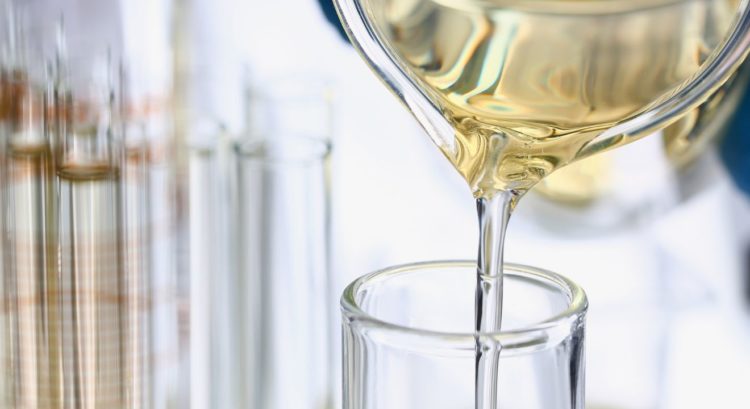foster a sustainable and thriving society for all.
is dedicated to transforming society into a sustainable
resource-recycling society while minimizing environmental impact.
Organic Solvents in Our Daily Lives
The manufacturing process of various products that are widely used in our daily lives, such as LCD panels for TVs, PCs, smartphones, and lithium-ion batteries, involves the use of organic solvents.
Currently, the majority of organic solvents are incinerated after use, leading to increased CO2 emissions and contributing to global warming.
At Nippon Refine, our goal is to collect, purify, and recycle used solvents as a resource in order to establish a closed-loop system.

Client industries for the solvent recycling business
Nippon Refine's main business, solvent recycling, contributes to the recycling of used solvents and environmental protection in all industries such as the battery industry, which produces the lithium-ion batteries used in smartphones and other devices.

Our Strengths
This is what makes Nippon Refine stand out.
-
Upcycling
We aim to reduce disposal costs and lessen the environmental impact by collecting and refining (upcycling) the used solvent discharged by the customer. Our refined recycled products undergo thorough quality control, allowing us to provide reusable organic solvents at a low cost while still achieving a high level of cost performance.Read More -
Refining High-Purity Solvents
In the fine chemical fields such as semiconductor materials and pharmaceuticals, precise refining with high quality and purity is vital, rendering general industrial-grade materials unsuitable. Nippon Refine has many years of experience in distillation and analysis technology, and is capable of providing high-quality solvents with specific levels of purity, such as ppt-level metal standards, to meet our customers' requirements.Read More -
Equipment Engineering
We design and propose energy-saving solvent recycling equipment and environmental protection equipment that help solve various problems faced by our customers.Read More
By implementing this equipment at the customer's facility, we can effectively minimize industrial waste, lower costs, promote resource recycling, and reduce environmental impact. This can make organic solvent recycling from wastewater and the attainment of zero waste manufacturing a reality.
NMP Recycling System Via Upcycling
The recovery equipment ECOTRAP is a facility that was developed independently for recycling NMP from exhaust gas containing NMP. It has a high purification capacity and extremely low running costs.
Moreover, through our NMP upcycling process, we thoroughly eliminate impurities from NMP while ensuring stringent quality control. This plays a vital role in enhancing the stability and production yield of lithium-ion batteries.
By combining these two technologies, Nippon Refine has successfully created a system that is uniquely suited to the high performance and quality requirements of the lithium-ion battery industry.
Thanks to this system, NMP can be recycled indefinitely with only a small amount of replenishment, leading to a significant reduction in CO2 emissions.
Nippon Refine's Goal
With this goal in mind, Nippon Refine is actively pursuing the commercialization of new solvents derived from terrestrial resources to replace petroleum-based counterparts. Furthermore, we strive to foster recycling practices that contribute to achieving carbon neutrality.
What is carbon neutrality?
Carbon neutrality refers to achieving a balance between the anthropogenic emissions of carbon dioxide and other greenhouse gases and their absorption through activities like afforestation and forest management. These greenhouse gases, which contribute to climate change, are released as a result of economic activities and everyday life.
To attain carbon neutrality, it is crucial to acknowledge the collective responsibility and take proactive measures from all perspectives.
Creating a sustainable economic society for future generations requires proactive efforts to reduce greenhouse gas emissions and strengthen absorption initiatives. This is crucial for the realization of a carbon-neutral and decarbonized society.
Recycling at Nippon Refine
-
Amount of Recycled Materials:No.1 in Japan
-
Share of Recycled Materials:20%of the Domestic
-
Amount of solvents recycled (2018):No. 1 in Japan
Solvents recycled in Japan
- Amount of solvents recycled in the industry: 31million tons per year
-
Amount of raw materials for recycled materials: 21million tons per year
According to Japan Solvent Recycling Industry Association report (Year 2019))
What is Material Recovery?
Recycling is mainly divided into 'thermal recycling' and 'material recovery'.
The methods of waste disposal and usage differ depending on the recycling solution.
Nippon Refine performs 'material recovery' based on environmental considerations.
-
Material RecoveryThis is a recycling method that reuses waste as raw materials.
For example, used cans are pulverized, melted, and solidified again to be used as recycled raw materials for new products. This is a highly sustainable recycling method that directly contributes to resource recycling.
Also, unlike incineration, waste is not burned, leading to a reduction in CO2 emissions. -
Thermal RecyclingThis recycling method refers to the recovery and use of the thermal energy generated from waste incineration. While it has the advantage of effectively using waste that is difficult to segregate completely, and the recovered thermal energy can be converted to heating supply and electricity, there are also problems such as the production of small amounts of dioxins and the presence of highly toxic elements in the ash that remains after incineration.
'Refining Resources', the Environment, and the Heart
Nippon Refine contributes to environmental protection by utilizing separation techniques, particularly distillation, to fully recycle waste into a valuable resource.













